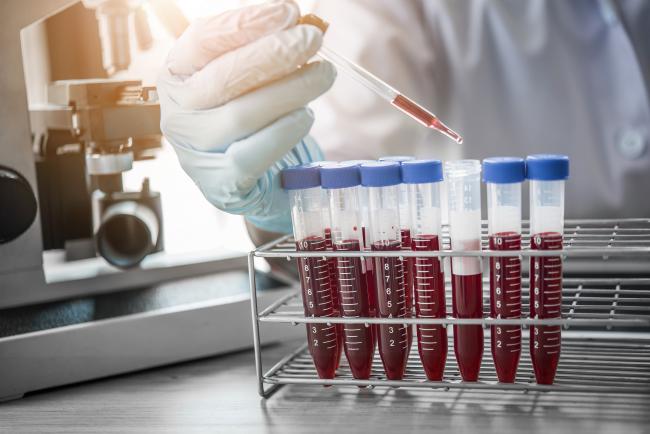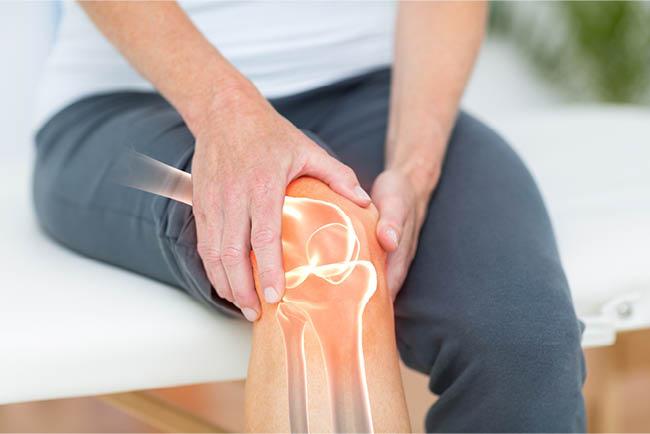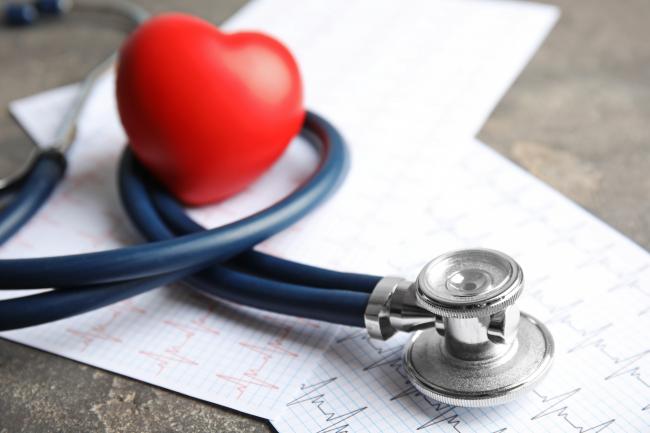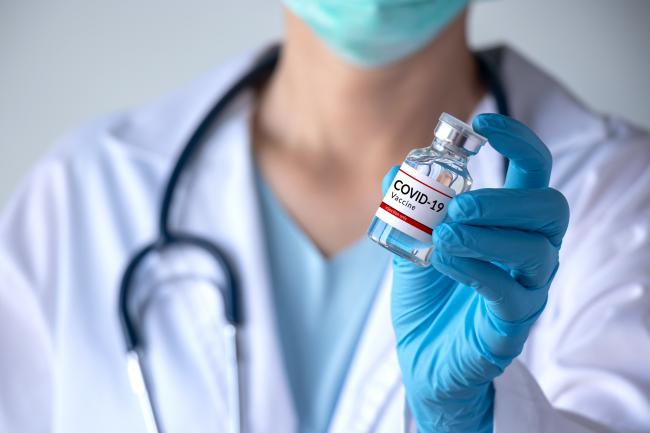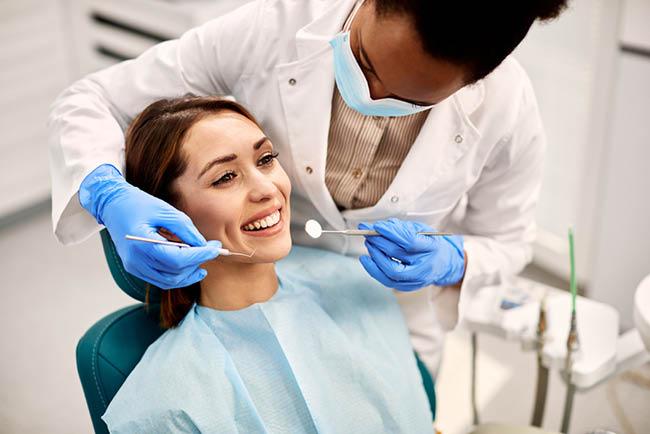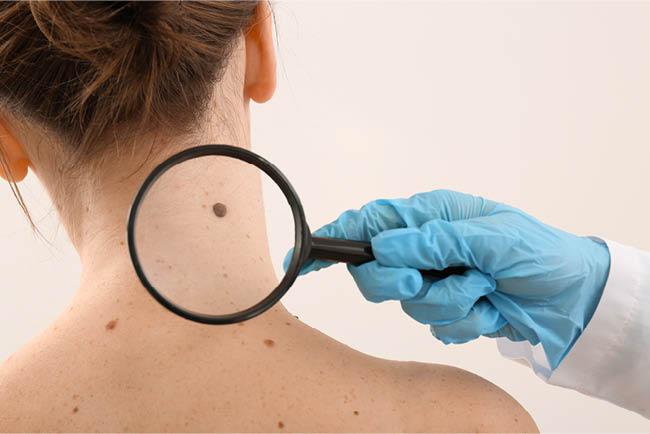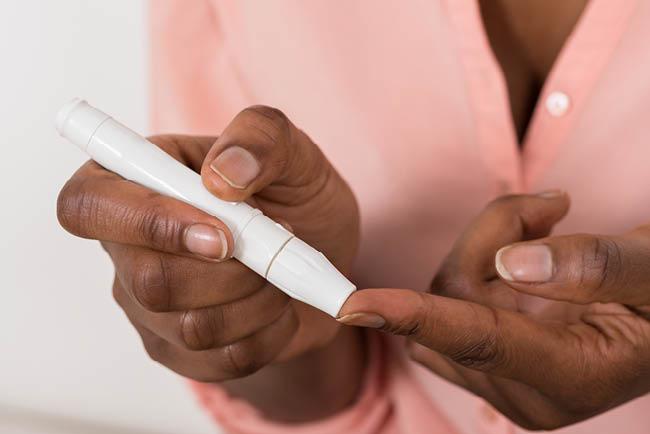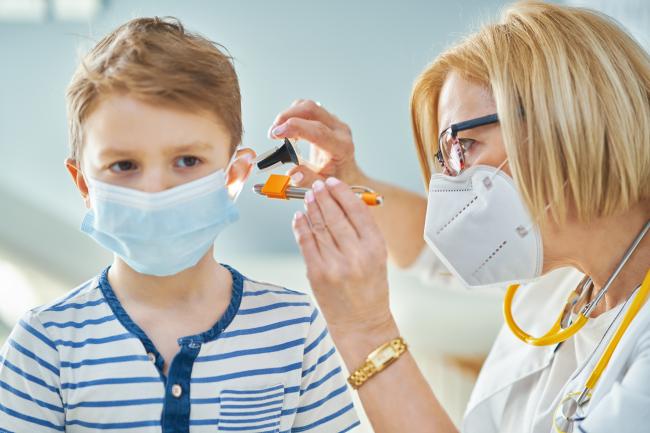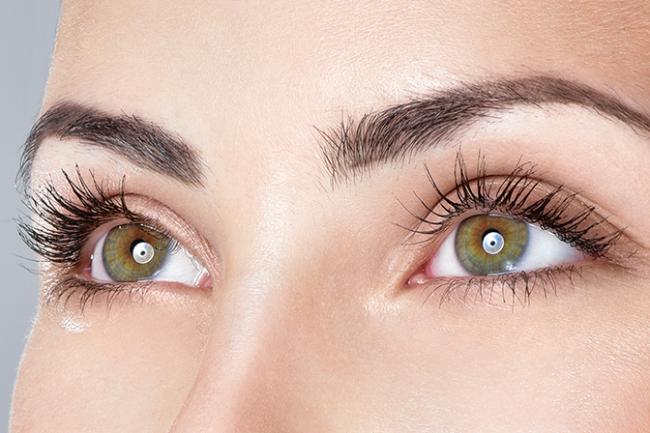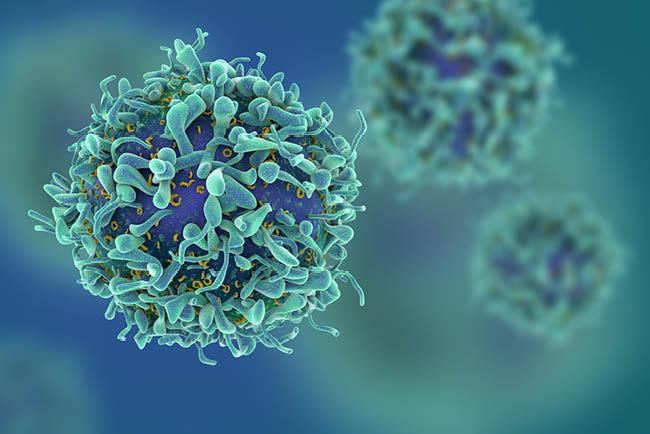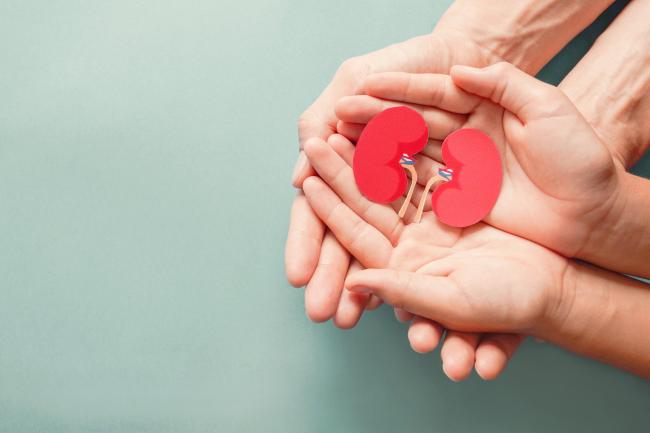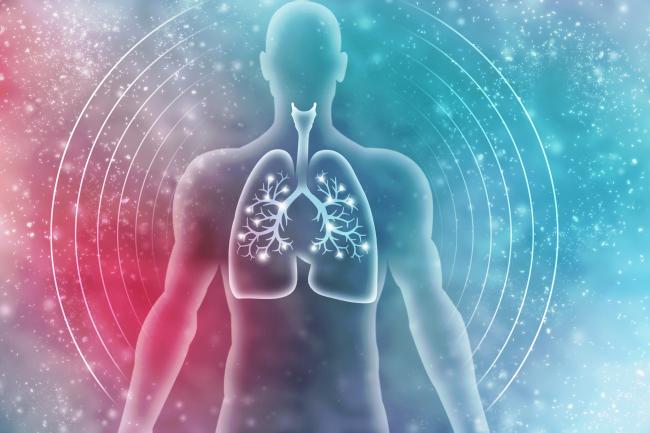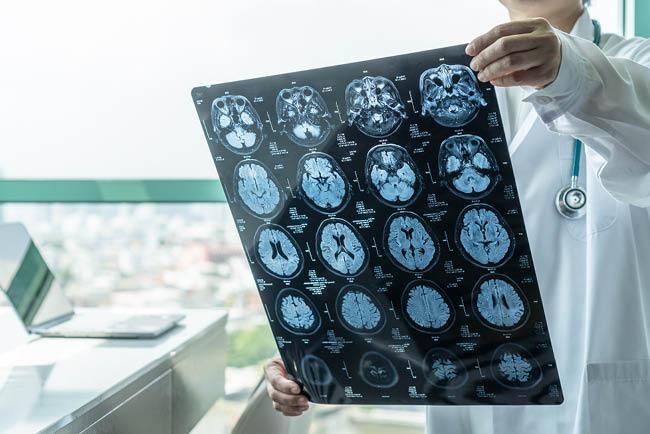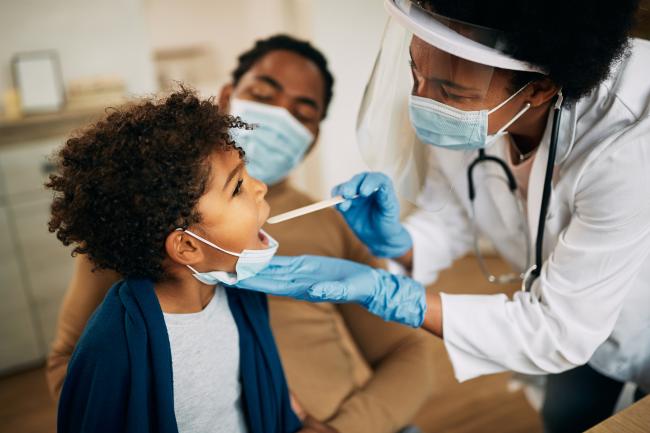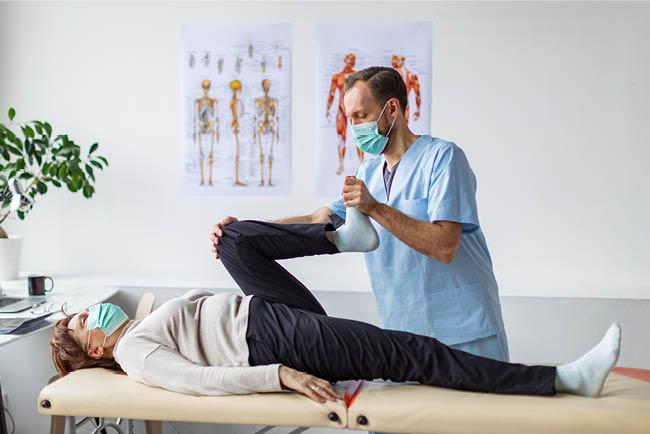Search Studies
Research studies are looking for volunteers just like you. Both healthy volunteers and participants with specific health conditions are needed to help answer important questions impacting the health of our friends and family. Join us to improve the health of others.
Found 97 results. Displaying page 9 of 9.
-
Vercise™ DBS Registry
Official Title Registry of Deep Brain Stimulation with the VERCISE™ System: Vercise™ DBS RegistryPurpose
The purpose of this study is to record the personal experiences of those who have had Deep Brain Stimulation (DBS) using the Vercise™ System, for the treatment of Parkinson's Disease.
Could this study be right for you?
You may be eligible if you are:
- At least 18 years of age
- Planning to receive the currently available Vercise™ System and/or any new commercially approved parts such as leads, extension, Adaptor, CP, etc. that works with the Vercise System
Age Range
18 and up

